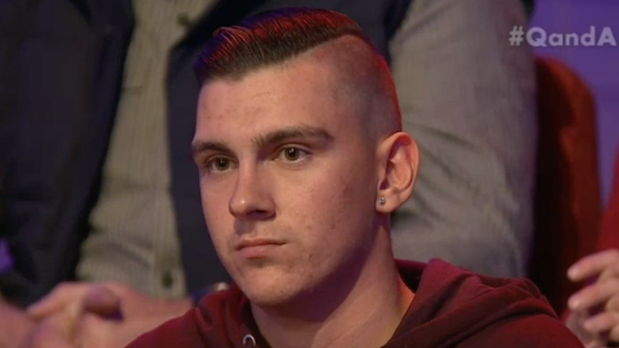The Voller case emphasises the power imbalance between publishers and platforms, but publishers aren’t trying hard enough
This week, the Court of Appeal upheld a Supreme Court decision that media outlets are liable for comments left on their Facebook posts. That poses huge defamation risks, but as Australian Community Managers’ Venessa Paech explains, brands – including publishers – need to be better at moderating the engagement they fight so hard to buy, as they continue to pump advertising dollars into digital platforms.
In the past decade, there’s been a growing divide between what companies spend pushing content and advertising on social media platforms, and the money spent managing the interactions around that content.
Brands – including media outlets – aren’t responsible for Facebook’s justly condemned algorithmic editorial prioritising of content and behaviour that divides and sensationalises. But this week, the Court of Appeal confirmed they are legally responsible for the engagement they’re buying. And too often, they’re falling short.

Dylan Voller’s defamation case against the country’s top media outlets is highlighting the serious challenges facing moderators

